Table of Contents Show
Planning for energy usage to heat and cool your RV can sometimes be a challenge. Still, a heat pump may offer you some exciting options for both, especially when you consider that one appliance may be able to do the work of both heater and air conditioner. Let’s see if you can save money with a heat pump by exploring how one operates.
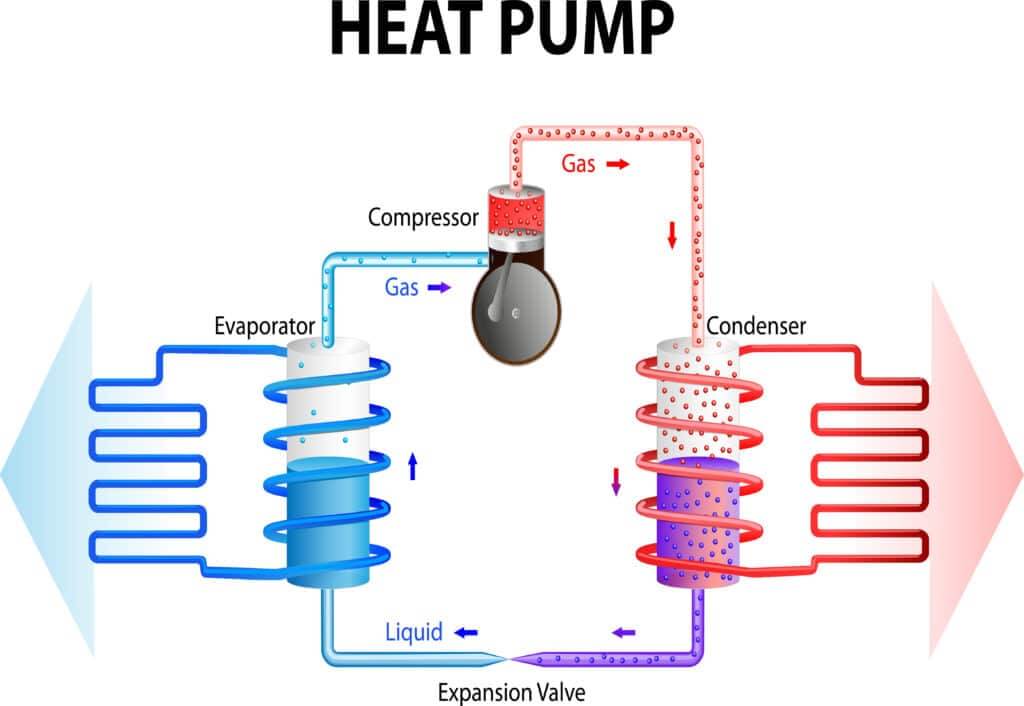
How a Heat Pump Works
Simply stated, a heat pump is just an air conditioner that runs in reverse (and it runs like an air conditioner on sweltering hot days). It transfers warm air from the outside of your RV into its interior. Because it does not have to “heat” the air, it is more energy-efficient, but that process also dictates that a heat pump has some measurable limitations.
Without using a heating element, a heat pump does not increase the air temperature it is pumping. So when the ambient temperature outside is less than 40 degrees, the heat pump cannot continue to operate. In other words, the pump is not useful when you most need it…as the temperature plummets.
But when used with additional heat sources, a heat pump can lower your energy costs during cold seasons.
Upfront Costs
The cost of a new heat pump for a recreational vehicle can run anywhere from $700 to $1,500. Alternately, an RV air conditioner may cost from $300 to $800, and a forced-air furnace could run you $500 to $700.
If you plan on camping onshore power most of the time and can use an electric space heater at a campsite where electricity is not charged on your bill, a heat pump might offer you some energy savings. But suppose you will be dependent upon a generator for power. In that case, you may find that the additional upfront cost of installing a heat pump won’t be worth any operational savings you might experience. You will have to decide if your camping style could benefit from a heat pump.
- - Low Amp Draw - The RecPro RV Air Conditioner is designed to use less energy than other models, allowing you to run...
- - Dehumidifying Function - Say goodbye to muggy weather! This unit's dehumidifying function reduces excess moisture in...
Benefits of Using a Heat Pump
- Cost – rather than purchasing a separate air conditioner and a heater, a heat pump actually combines the two into one appliance, saving you in equipment purchase costs.
- Efficiency – because a heat pump utilizes existing hot air, the heater is more efficient, as it does not heat the air. It just pumps warm air from one spot to another, using less energy.
- Safety – heat pumps work on AC electricity, so there is no worry about carbon monoxide from a faulty LP gas furnace.
- Offset other heating costs – many RVers add a heat pump to their heating options in a coach. If using a heat pump, you may not need to utilize a gas furnace, conserving propane costs.
- Reduce carbon footprint – by transferring heat rather than creating it, the carbon footprint is smaller.
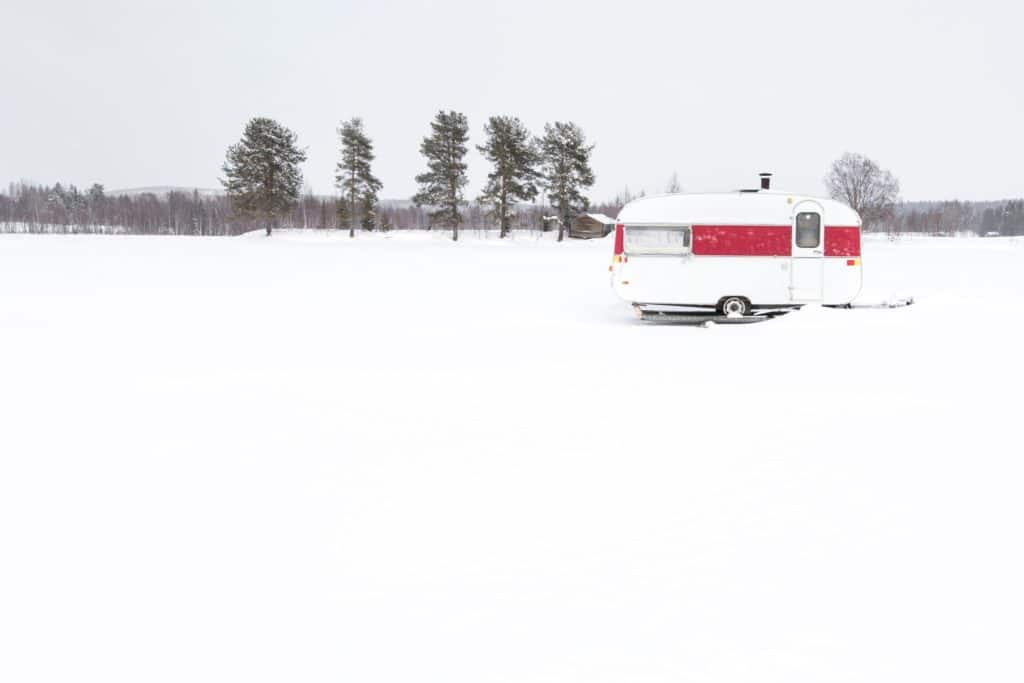
When a Heat Pump Is Not an Option
Since heat pumps don’t produce heat, they only transfer it from outside the vehicle to the interior. Most RV units are not operational at temperatures below 40 degrees. A useful reference is to remember that heat pumps are great when the weather outside your RV is “chilly.” But when cold air dashes into the forecast, a heat pump will be of no use.
Because they work on AC electricity, heat pumps may not be an excellent choice for boondocking unless you plan on using your generator to run them. This may defeat the purpose of saving other forms of energy, as you will be using both the electricity made by the generator and used by the heat pump AND the gas needed to run the generator.
Also, most heat pumps are relatively noisy since they also use the loud fans of most RV air conditioners. Even when used onshore power, a heat pump is an energy hog. Like an air conditioner, they use quite a bit of power to transfer heat.
Always have an alternative source of heat if you opt for a heat pump in your motorhome or travel trailer. This might be a gas furnace or electric space heater when the temperatures dip into the frigid zone. Several options are always better than none!
Related: How To Save Money On Groceries
Savings Compared to Alternate Heating Methods
Typically, electricity rates across the country are more expensive than propane rates, so if you are camping in moderate locations without freezing temperatures and your campsite fees include the use of electricity without an extra charge, a heat pump may be a viable option.
Another consideration is how quickly propane can run out if used to fuel a furnace. Will you be in a spot where propane can be delivered? Or will you be required to pack up camp and travel into town to find a propane provider? In this instance, can a heat pump provide enough warmth on a chilly morning and help you save your propane for cooking breakfast? Only you will be able to decide what role, if any, a heat pump can play in your camping appliance line-up.
Last update on 2025-01-19 / Affiliate links / Images from Amazon Product Advertising API




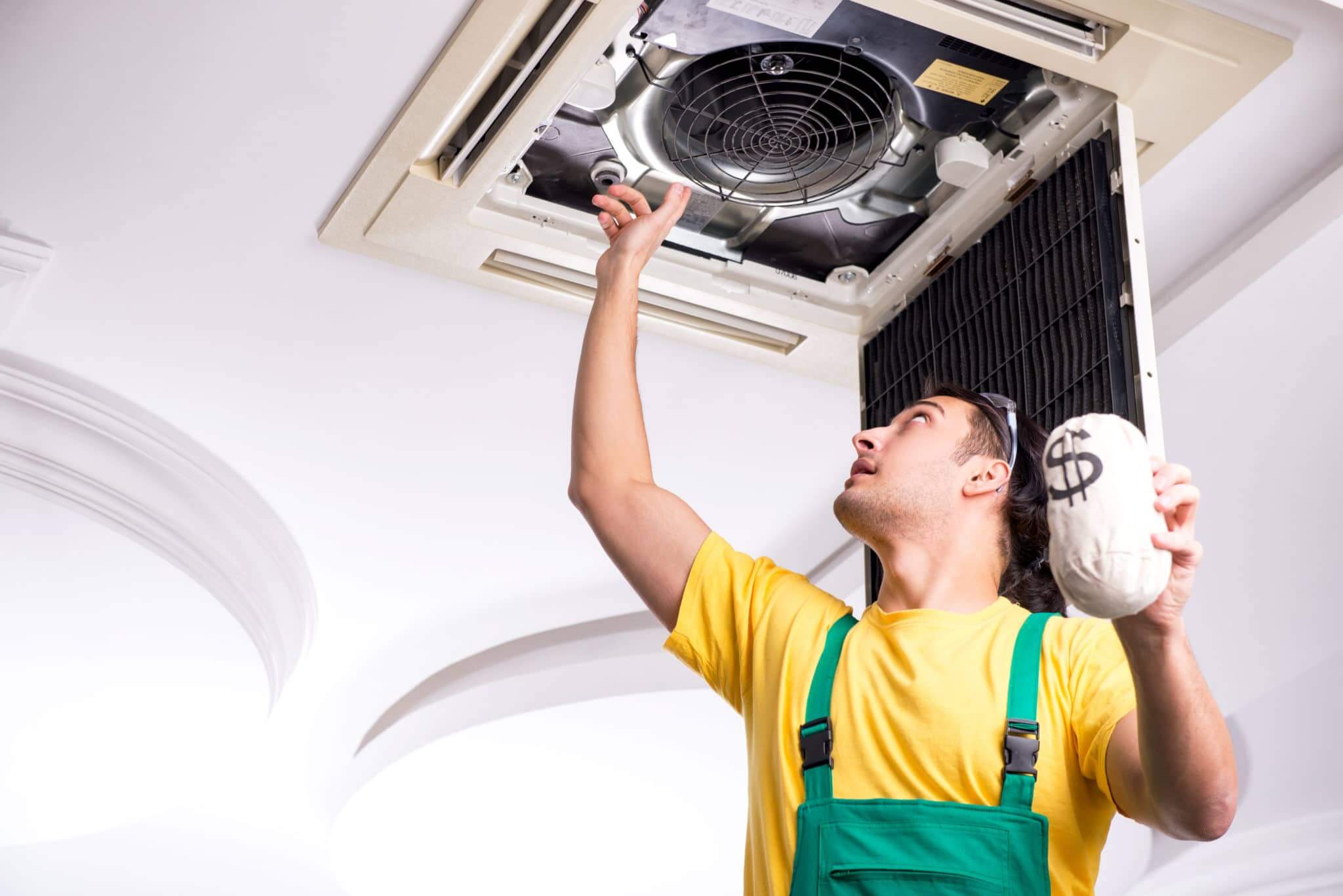

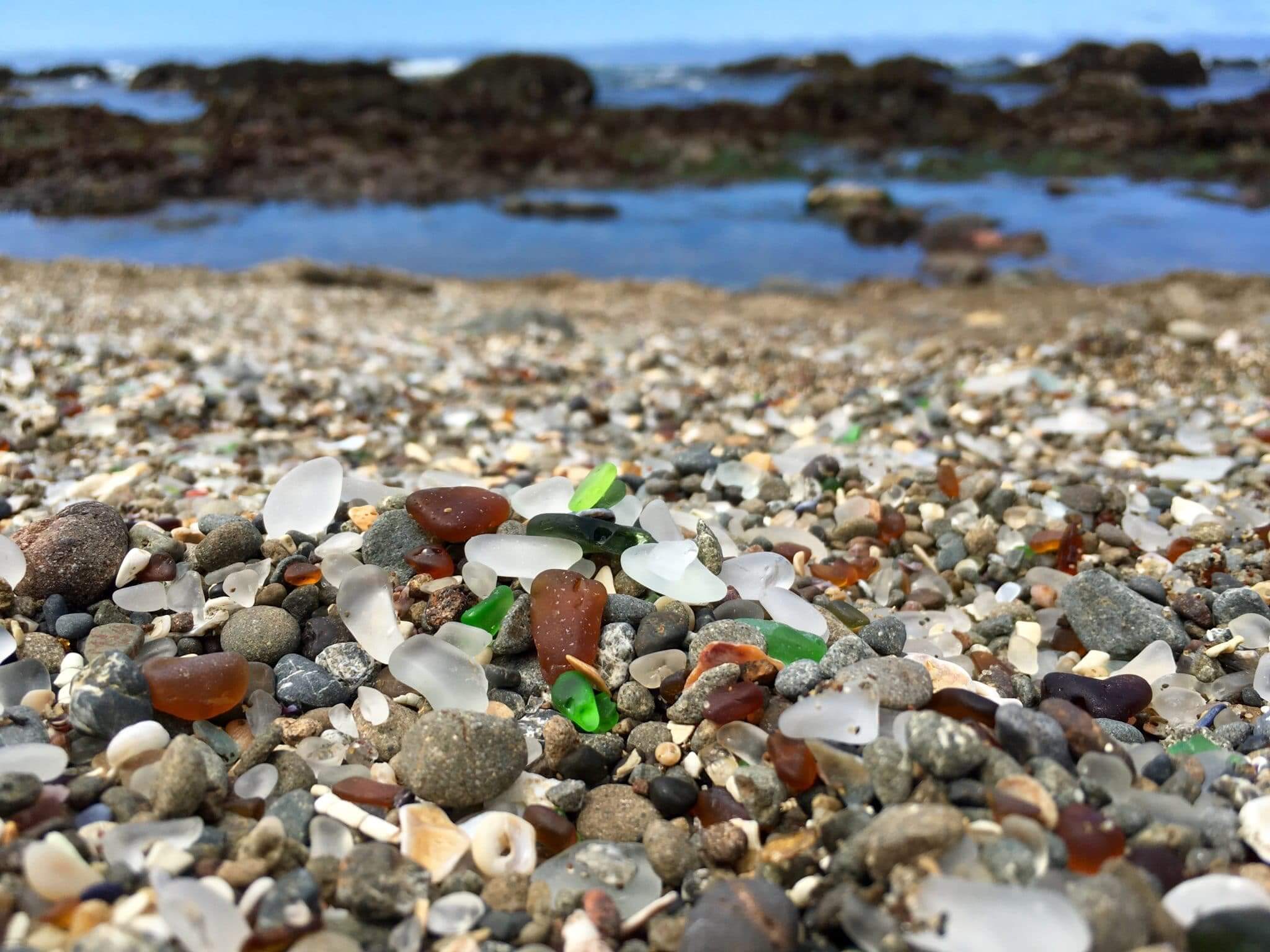
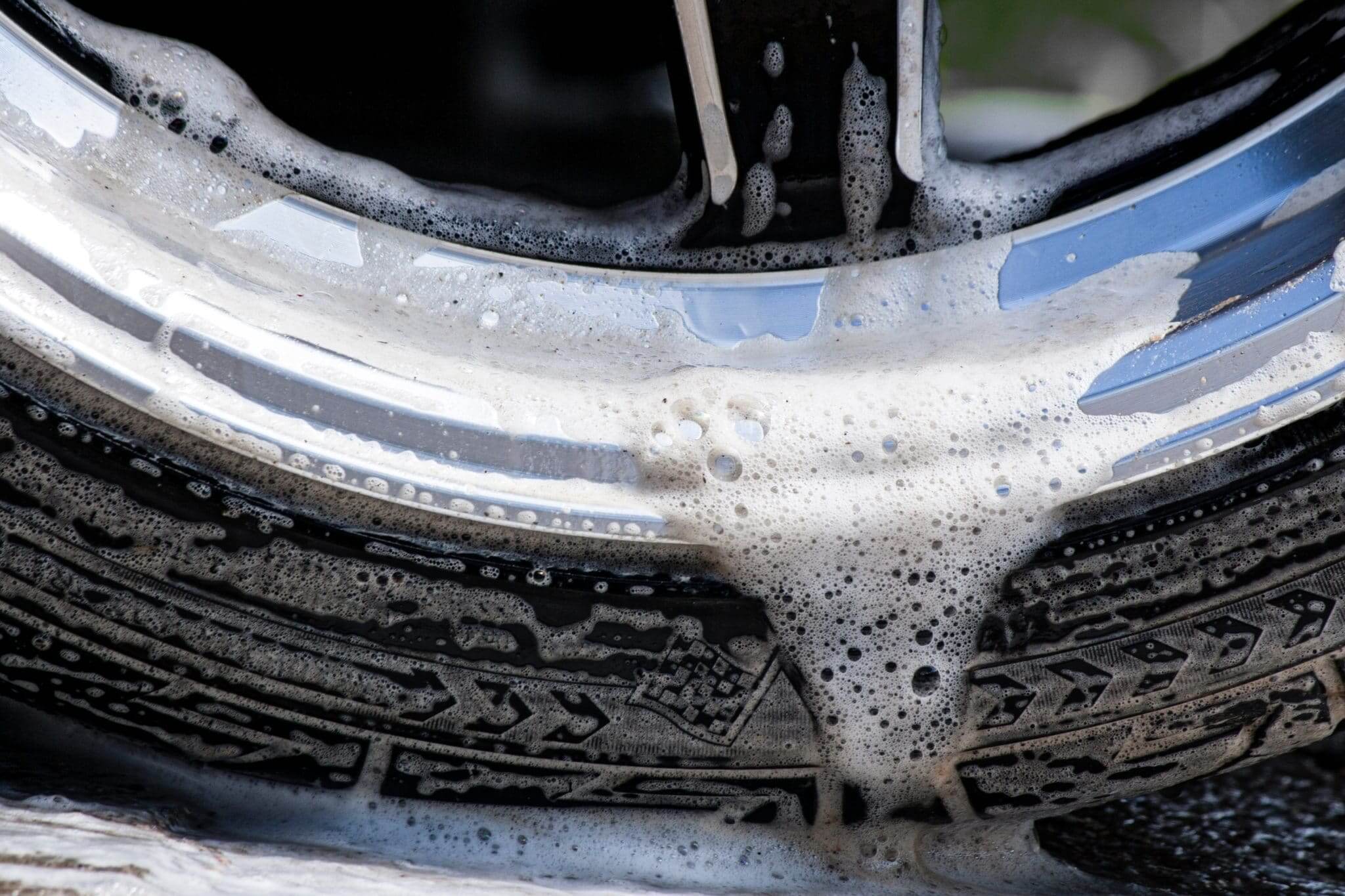
Living in Florida a heat pump is a must. We love ours! I think we have only an hour on the furnace in the last year and a half.
We have the heat pump feature on one ac unit on our 375res and love it. We set the thermostat and don’t have to worry about an electric space heater getting knocked over or overloading a circuit.
Yes, we have a heat pump. It great to use the “free” electricity for heating your unit. My understanding is that they don’t work below a certain temperature. So not effective for extreme cold.
We have a 2019 Keystone Alpine 3650RL, and we take it to a lake an hour south of our location in Olathe, KS on April 1st and usually take it back to storage the second week of October. The last 3 springs have all been very cold, and we had multiple freezes up until early May. Our rear AC unit is actually a heat pump, and we really like it. It works good down to about 38 degree’s, but anything below that it can’t keep up and the 5th wheel gets cold. We have the whisper quiet units, so you don’t get that loud AC sound inside, however the heat pump is a bit louder, but still much quieter than non-whisper quiet units. Our Electric, water, and sewage hook ups are included in our monthly rent, so way cheaper to run the heat pump. We did have an issue running the heat pump this spring, as the starting cap burned up one morning, and filed the trailer with smoke. It was still under warranty, so I had a mobile RV tech come out and replace it. I did go out to Amazon after the fact and purchased a spare at $36.00. If we lived in our 5th wheel full time like you do, I would definitely up grade your main unit to a Dometic Heat pump.
We have two aircons with heat pumps on our Vilano fifth wheel and obsolutely love them. We were traveling in the northeast the last two months and used them consistently on days and nights over 40 degrees, which there were quite a few. Since departing in May 2020 heading up into Minnesota, Wisconson, Michigan, Maine, and upper New York, we used about a 1/4 tank of propane. Truth in lending, we don’t have an oven and do most of our cooking in a Ninja Foodi or on an outside grill.
I have a heat pump in my rear ac unit. It works great, the only down fall they only operate properly above 40 degrees. Colder than that you need to use furnace or other heating source.
Our GD Reflection has a fireplace. We love it! We spent a week in mid-October on the WA coast and used than exclusively. It stayed on all night on a lower setting and kept it warm but not too warm to sleep comfortably. We had no worries about leaving it on during the day even if we were away. It also has a handy timer function.
This last week in Eastern WA we have had to use the furnace due to the nights in the 20’s but the fireplace is still great during the day.
We haven’t looked into heat pumps.
Nice article. We certainly use ours in our 375RES but we are usually plugged into shore power and don’t get charged for how much electricity we actually use. It is just easy to use and we have seldom been camping when it has been below 45 degrees. It was on option instead of just a regular AC unit.
I think your article’s section on cost should be updated to reflect the pricing of it as an option when ordering it vs a regular AC unit and not just as a install from scratch. As I recall that option was less than $200 but my memory is not great. With your great contacts at GD I am sure you can check what the option really costs!
I like it. My wife-not so much. Heat comes from the ceiling. Heat rises so not as effecient as the furnace. Works good at night.
We have heat pump as part of the front A/C. We use it when we are plugged into 50amp service. When on 30amp, it uses enough power that we can’t use other higher current appliances. Also, if it’s below the mid-40s, it runs and runs and runs. At that point, we just start using the propane furnaces in conjunction with an electric heater. This is a 15 year old unit and we are planning on replacing both A/C units over the winter…
Yes, we have 2 heat pumps on our motorhome. We love them because we do not have to run
our furnace.
We love ours. We have a factory ordered 2020 solitude 310GK. The rear living room/kitchen ac unit is also a heat pump. At night when it sometimes dips into the 50’s in Florida I set the rear thermostat to 68. It keeps us comfortable in the bedroom. If it gets too cold for it to be efficient (around 40°) it will automatically switch over to propane.
I have a heat pump in my Solitude and find it to be useful. Although it does not work in real cold temperatures when its in the 40’s and 50’s it does a good job. I am glad I have it. I still have to use the furnace when its real cold but it does help save some propane when the temperatures are intermediate.
I think heat pumps work on AC electricity, so there is no worry about carbon monoxide from a faulty LP gas furnace.
I thought my neighbor was watching movies with a loud surround sound subwoofer all night. Then after talking to them I realized it was their heat pump making that deep rumbling sound. They had a new jayco rig. Just run the dang furnace or use the electric oil heaters unless you want the neighbors to think you rock out all night